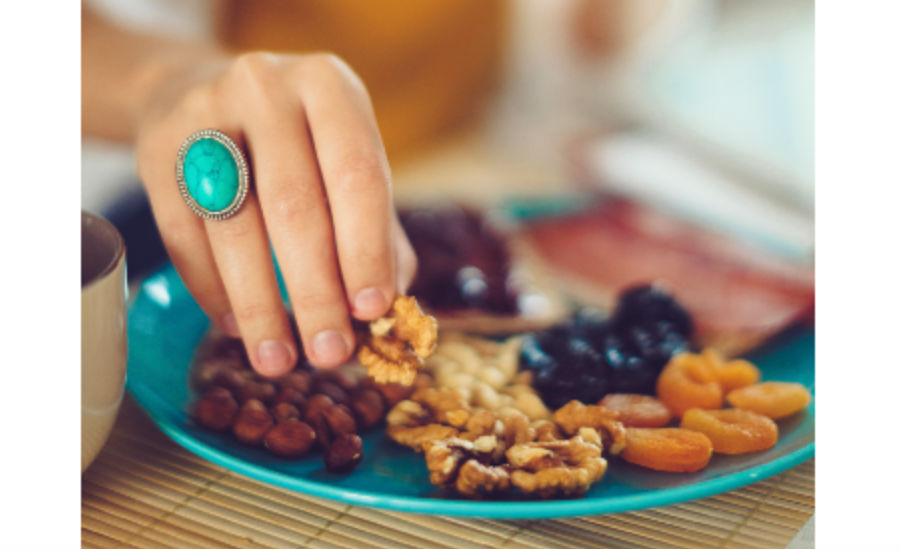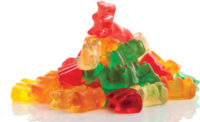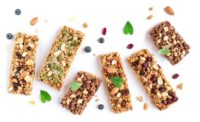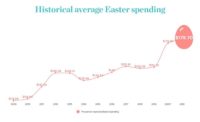Over the last couple of decades, sugar has been considered as the No. 1 dietary evil, with much attention given to the dangers of excessive amounts in a diet. Despite this, the proportion of lifestyle-related health problems such as obesity and diabetes continue to rise, meaning consumers are struggling to moderate intake of the ingredient.
This can be associated with two key challenges that consumers face: taste and convenience. Will 2021 be the year consumers start to moderate their sugar intake for the better?
In 2020, COVID-19 disrupted consumers’ daily lives, and it will continue to impact consumers for the next 12 months. Due to high levels of uncertainty and worry, many consumers’ dietary habits slipped during the height of the pandemic.
FMCG Gurus research shows that more than 40 percent of consumers said they had snacked more between April and July 2020, with more than 20 percent paying less attention to calories during this period.
However, in 2021 consumers will begin to adjust to the new normal, prioritizing and maximizing health and wellness. They are also looking to rectify any lapses in eating and drinking habits at the beginning of the year, by improving diet and moderating sugar intake.
Due to the increase in snacking, consumers across the globe are becoming more conscious about their weight. FMCG Gurus research shows that over the period between April and July 2020, there was a month-on-month increase, and by July, 37 percent of global consumers had become more conscious. As a result of this, a large number of consumers will attempt to eat healthier and get their overall health back on track in 2021.
FMCG Gurus consumer insights also show that 79 percent of global consumers plan on eating and drinking healthier as a result of COVID-19. More than half (56 percent) of these consumer say they will do so by reducing their sugar intake from their diets.
On top of this, 75 percent of consumers said in 2020 they already monitor their sugar intake. However, 62 percent of global consumers believe brands can make nutritional labelling deliberately confusing to disguise ingredients. Therefore, it is important that brands and manufacturers in 2020 are transparent with their consumers with simpler nutritional labelling to help rebuild trust.
When it comes to traditional snack foods, consumers are substituting sugary offerings for functional foods such as protein bars. More than half (51 percent) of global consumers say that in the last 12 months, they have substituted traditional snack products for high-protein and low-sugar alternatives.
Low-sugar claims and functional ingredients such as protein can be a significant benefit for brands in 2021. However, it is important that these products are positioned around fun and inspiration, as consumers can often associate these products with sacrifice. Positioning low-sugar products as something of a lifestyle choice and something that is fun, trendy and that people should look to aspire to, will be more appealing to the masses.




